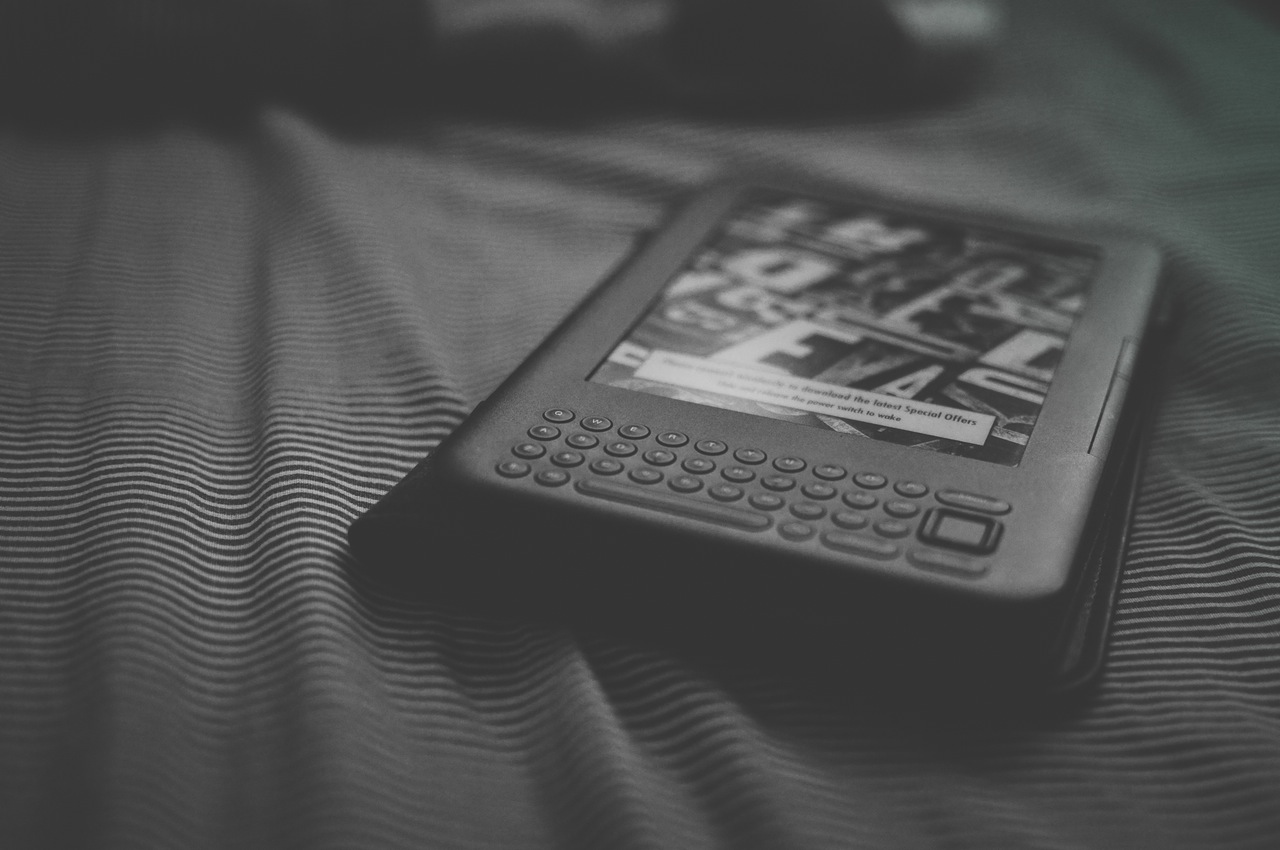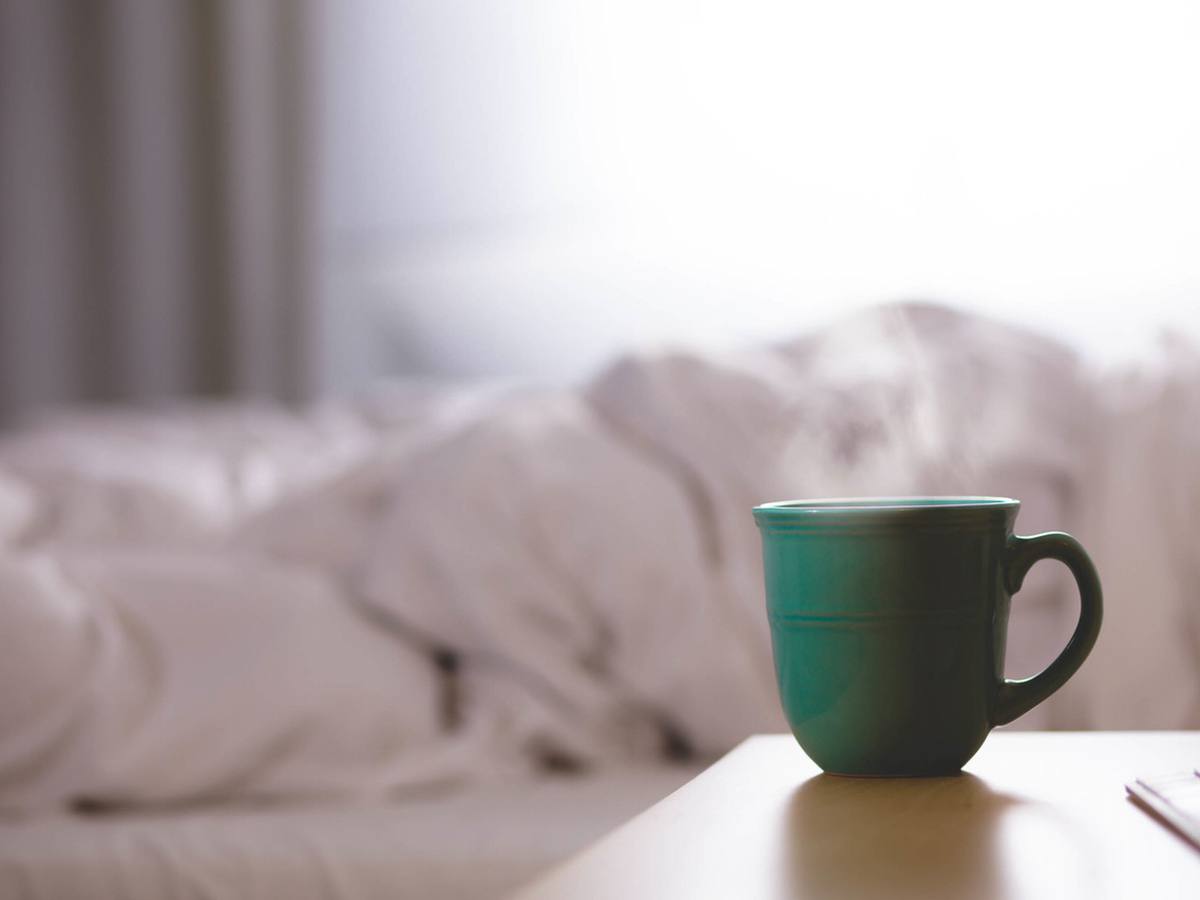In these days of smart-phones, e-readers, televisions in the bedroom, laptops in bed and working from home, it is no wonder that the need for sleep has taken a back seat to other priorities. Our "to do" lists are getting longer, but the days remain the same length. When something has to go, the first thing we tend to sacrifice is sleep. We all know the immediate effects of not enough sleep, but not everybody knows that chronic sleep deprivation can have negative effects in not just our emotional well-being but also in our personal relationships and most importantly, our physical health can be affected.
With all the stress the average adult is under in their life these days, it is more important than ever that you get a good night's sleep. I have compiled a list of 14 things that you should never do before bed in order to really sleep well.
Never drink coffee after 3PM
Coffee contains a lot of caffeine (as much as 120mg per cup) and it can affect you for a long time, sometimes as long as 12 hours! Be wary of "Decaf" coffee, also. Many "Decaf" coffees do have a small amount of caffeine in them still, some can have as much as 20mg per cup, which is only slightly less than a can of Coke, which has 34mg per 12 ounce can. For those who are sensitive to caffeine, like myself, it is also a good idea to avoid decaf coffee as well.

Don't use your smart-phone, e-reader, or laptop in bed
The light given off by the screens of our devices, including but not limited to bedroom televisions, smart-phones, tablets and laptops, can be disruptive to our sleep pattern by preventing our bodies from naturally producing melatonin. Robert Rosenberg, DO, recommends people not use these lighted devices within an hour of bed time. If you are like me and you just can't seem to do that, your best bet for minimizing the impact on your sleep is to hold the device away from your face (a study by the Mayo Clinic from 2013 recommends at least 14 inches) as well reducing the brightness of the screen as much as possible, being careful not to turn it down so far that you are now straining your eyes.
Keep the thermostat set between 60 and 70 degrees
Again, we are all different and therefore, our ideal bed-time temperature is going to be different for everyone, but a good general rule is to keep it in the 60-70 degree range, just marginally cooler than the temperature where you are comfortable during the day. The reason we tend to be more comfortable sleeping in a cool room at night is because our body temperature tends to run slightly lower at night than during the day. Some people, myself included, find comfort in wrapping up in blankets and thus will sleep better that way. If the room is too warm, snuggling up in your favorite blanket isn't quite as cozy. We also don't want to go overboard and crank up the air conditioning, either. Keep the temperature to where you are comfortable, but also, if you share the bedroom with someone else, you will want to take their comfort into consideration as well.
Adjust your temperature automatically.
With a smart thermostat like a Nest, you can set up your programming to automatically adjust to your perfect temperature when its time for bed. This allows you stay comfy and comfortable without leaving your bed or checking your phone.
Don't smoke!
In addition to all the other health problems that smoking causes, it also can disrupt our sleep. Not only can the fact that nicotine is a stimulant keep you from falling asleep, but the physical addiction to it can also cause you to wake up before your alarm rings the next morning. It's important to remember that it is not the smoke in the cigarettes, but the nicotine, so if you are in the process of quitting or have quit recently and are using nicotine replacement products, these products will have the same effects on your sleep as the cigarette did. If the nicotine does affect your sleep, try to not use any product containing nicotine within a few hours of bed time.
Don't skip your wind down routine!
Have you ever come home from a long day and been so exhausted that you just skipped everything and crawled into bed thinking that you are so tired that you will just fall asleep right away and then spend the next several hours lying awake and staring at the ceiling? That is because you didn't take any time to wind down from the day before going to bed. Taking a half hour to an hour to unwind can greatly increase your chances of getting a good night's sleep. This is the conclusion of your day, time to avoid anything that is thought provoking and exciting. Instead of starting to watch the hockey game you DVR'd while you were out, try making a "to do" list for tomorrow or spend some time with your pets if you have them.


